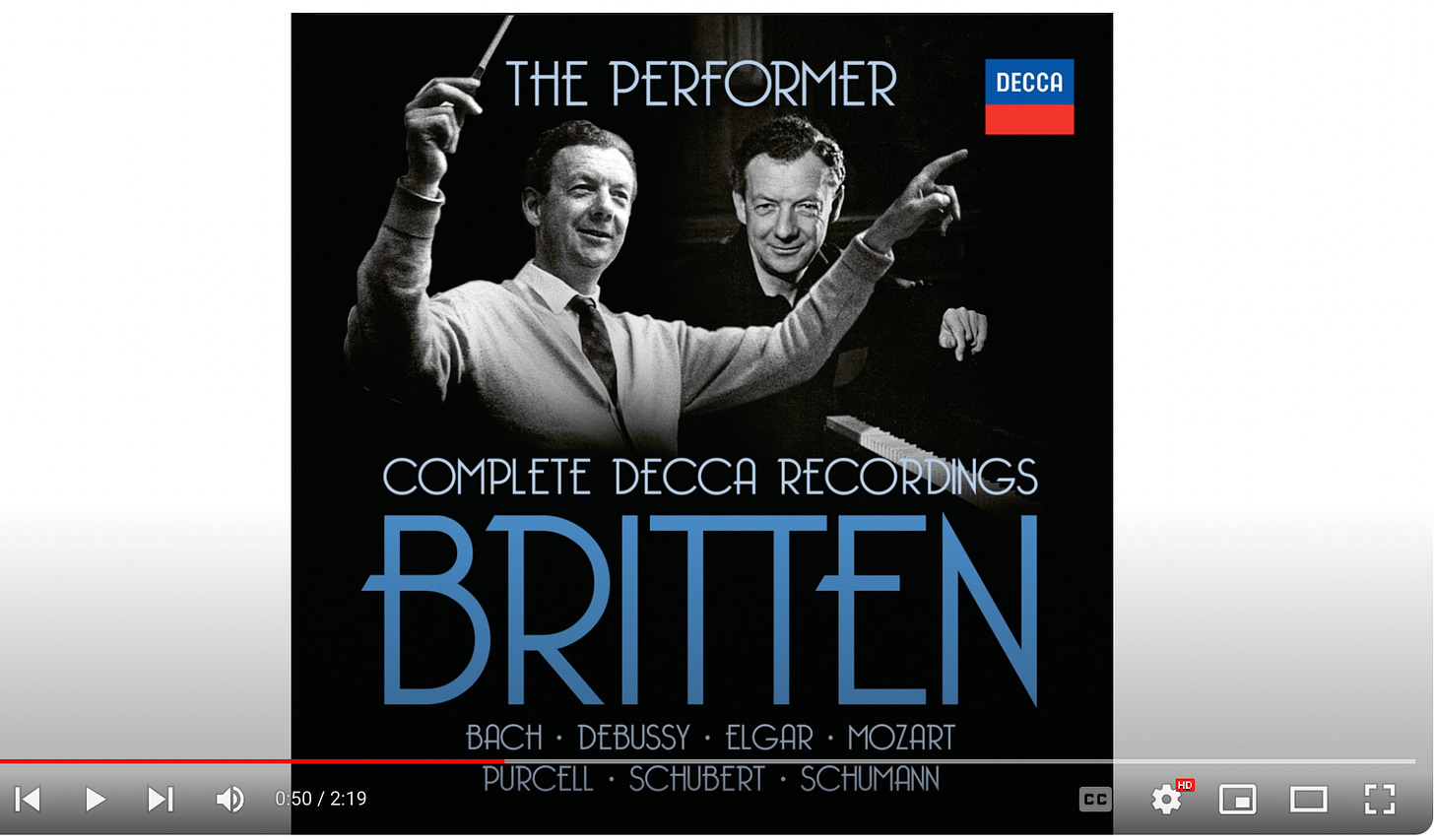
What Sickness Can Teach Us
Rediscovery, putting things into perspective, taking nothing for granted, gratitude
For the last three days I have been laid very low by some kind of bug. If four negative COVID-19 antigen tests are any indication, I don’t have COVID, but some other upper respiratory tract infection. Dr. McCullough is seeing other cases in his practice that resemble mine, but the causative agent is proving to be illusive.
Last night I took a bath and listened to Franz Schubert’s Winterreise (Winter Journey) song cycle for voice and piano, which he wrote in 1827 when he realized that his syphilis, which had gone into latency for almost three years, had returned.
The “Winter Journey” was his own in the winter of his life, and every song contains intimations of his impending death. In my opinion, the songs are the strangest and most romantic ever written, somehow expressing—without penetrating—the great, tragic mystery of life bounded by suffering and death.
I’ve often marveled at how much Schubert suffered from syphilis, which he contracted from one visit to a prostitute in the summer of 1822 when he was 25 years old. When I lived in Vienna I knew a dermatologist who had a first edition book, published in the 19th century, of vivid and colorful illustrations of the different kind of syphilis lesions.
“Just to think that this ghastly disease that condemned so many to misery and death is now easily cured by penicillin,” he remarked.
As much as we are in the habit of bashing Pfizer in its contemporary manifestation, we should always remember that the company played a key role in figuring out how to mass manufacture penicillin.
On March 31, 1824, Schubert wrote in a letter to his friend Leopold Kupelweiser:
I feel myself to be the most unhappy and wretched creature in the world. Imagine a man whose health will never be right again, a man whose most brilliant hopes have perished, to whom love and friendship have nothing to offer but pain, whose enthusiasm for all things beautiful is gone, and I ask you, is he not a miserable, unhappy being? Each night, on retiring to bed, I hope I may not wake again, and each morning but recalls yesterday’s grief.
But then, in the fall of 1824, the disease went into latency and he regained his spirits (and his habit of staying out late and drinking too much). Alas, his symptoms returned in the summer of 1827. Strangely enough, the time between the return of his illness and his death on November 19, 1828 was one of the most productive periods of his career.
I’ve had nasty colds like this before, and in a weird way I am grateful for them, because they remind me of great lessons that I far too easily forget when I’m healthy. When I am confined to my apartment for days and feeling lousy, I rediscover my love of things I put aside in my eagerness, haste, and professional ambitions—things like listening to Franz Schubert songs.
Illness also teaches us to put EVERYTHING into perspective. Vexations, annoyances, squabbles, and rivalries that seem important when we feel well signify nothing when we feel terrible.
When we are sick, we are more naturally inclined to see that we are surrounded by benefactions that we don’t notice when we have our energy and are running from one appointment to the next. The open sky, sunshine, and trees are wonders for us to enjoy if only we’d take more time to do so.
Sickness teaches us to take nothing for granted. I’ve always been blessed with a strong and athletic constitution that I have (shame on me) often taken for granted. A really nasty respiratory illness gives me a glimpse into what it’s like to be deprived of my strong constitution. Today, looking out the window, I thought about how wonderful it would be to go for a brisk jog, and how lucky I am to be able to do this most of the time.
If we can manage to learn (and not forget) these lessons when we are sick with a nasty cold, then we should be grateful for the sickness.
Unlike Franz Schubert, we can take great consolation in the fact that we will get better. The key is to remember to live by these lessons after our health is restored and we resume the hustle and bustle of our daily routines.
P.S.: My favorite recording of Die Winterreise was done by Peter Pears and Benjamin Britten. Here they are performing Die Krähe (The Crow). The poet contemplates a crow that follows him as he leaves the city and walks into the countryside. The “wonderfully strange” animal seems to recognize that the poet doesn’t have much longer to live. The poet, who has been unlucky in love, takes consolation that at least the crow may show him “faithfulness till the grave.”







Dear Substack Readers,
Many thanks for sharing your well-wishes and your own reflections on what sickness teaches us. As always, I am extremely grateful for your readership, support, and comments. This morning I am already feeling better. Warm regards, JSL
Why would you test for covid 4 X ?